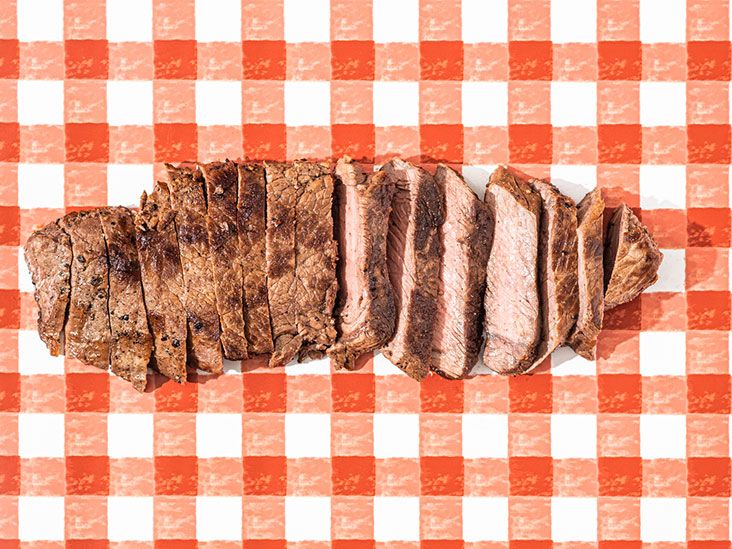New research reveals that environmental factors, such as the consumption of red meat and sugar, may be contributing to the increasing incidence of colorectal cancer among younger individuals. A study found that metabolites linked to red and processed meat were main drivers of young-onset colorectal cancer risk, with individuals under 50 years old having lower levels of citrate compared to older patients. Differences in protein and carbohydrate metabolism were also observed, indicating that dietary choices could potentially play a role in the development of colorectal cancer in younger age groups. The findings were presented at the annual meeting of the American Society of Clinical Oncology and published in npj Precision Oncology.
The surge in colorectal cancer diagnoses among younger individuals over the past few decades has raised concerns, as hereditary factors do not account for the majority of cases in this population. The recent research provides supporting evidence for the hypothesis that environmental factors, such as diet, may be responsible for the increase in colorectal cancer cases among young people. Individuals under 50 who were diagnosed with colorectal cancer were found to have reduced levels of citrate, a byproduct of food conversion to energy, compared to older patients, suggesting a potential link between dietary factors and cancer development.
To conduct the study, researchers analyzed samples from patients diagnosed with colorectal cancer at the Cleveland Clinic BioRepository, categorizing them into two age groups: those under 50 years and those over 60 years. They identified differences in metabolites, including citrate and cholesterol, between young-onset and average-onset colorectal cancer cases. Significant alterations in metabolic pathways related to carbohydrate and protein metabolism were observed in young-onset colorectal cancer, indicating that factors such as red meat and sugar consumption, as well as obesity, may be risk factors for developing colorectal cancer at a younger age.
Dr. Leonard Augenlicht, a professor at the Albert Einstein College of Medicine, highlighted the increase in early-onset colorectal cancer cases and emphasized the role of dietary patterns in colon cancer incidence. He underscored the significance of identifying major components of the “western-style” diet that may be driving the earlier onset of colorectal cancer. Dr. Anton Bilchik, a surgical oncologist, emphasized the importance of promoting a balanced diet that includes fresh fruits and vegetables while limiting red meat and processed food consumption to reduce the risk of colorectal cancer.
Dr. Tejasav Sehrawat, a resident physician at Yale, stressed the importance of limiting intake of red and processed meats, as well as avoiding alcohol consumption, to reduce the risk of colorectal cancer. He noted that obesity has also been correlated with a higher rate of colorectal cancer, highlighting the importance of maintaining a balanced diet. Dr. Suneel Kamath, the senior author of the study, suggested that focusing on reducing obesity rates and limiting red meat and sugar consumption could potentially help prevent colorectal cancer. The research findings could lead to the development of new treatment strategies targeting specific metabolic pathways for improved outcomes in colorectal cancer patients. Further research is needed to fully understand the association between dietary factors and colorectal cancer risk among young individuals.













